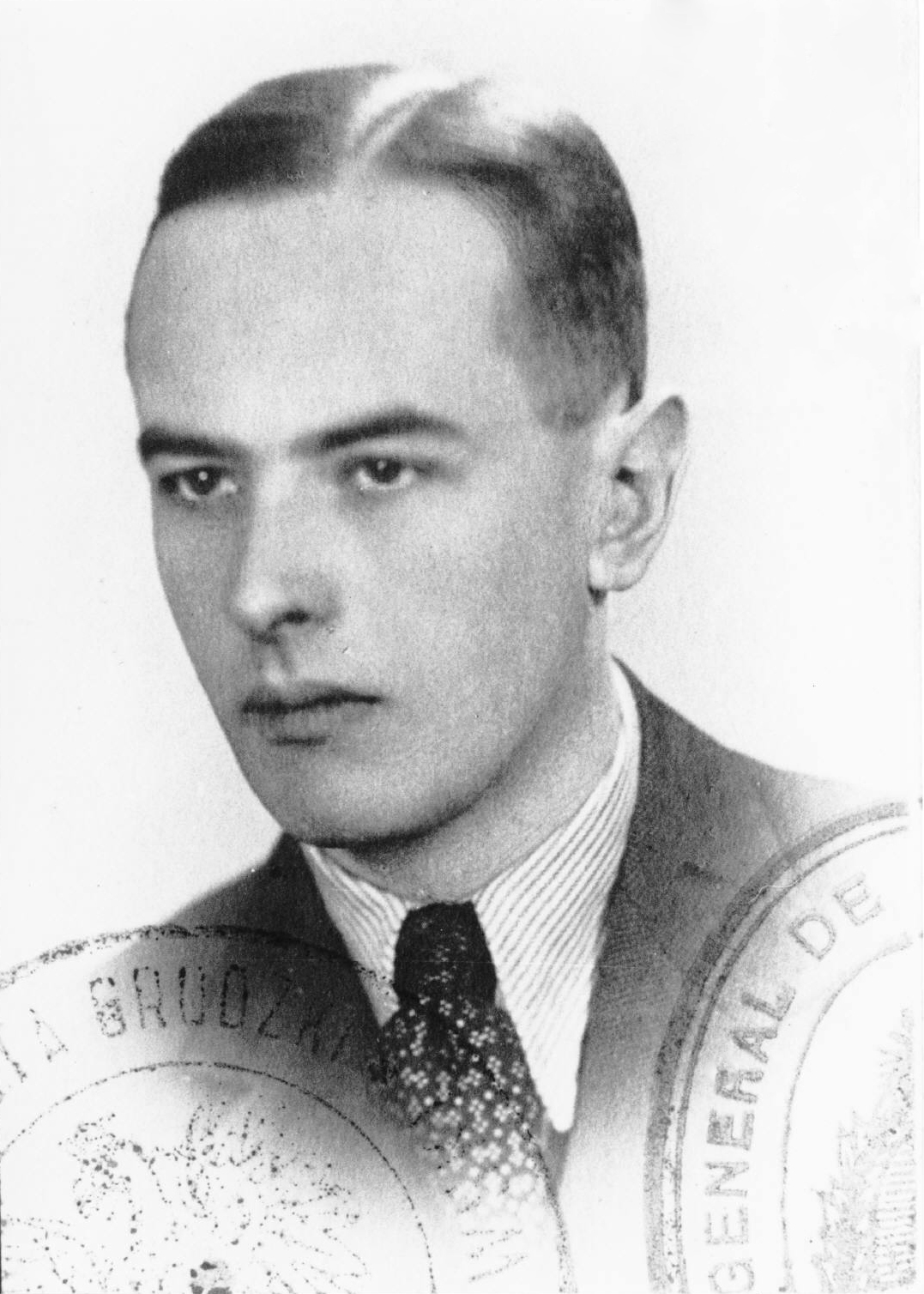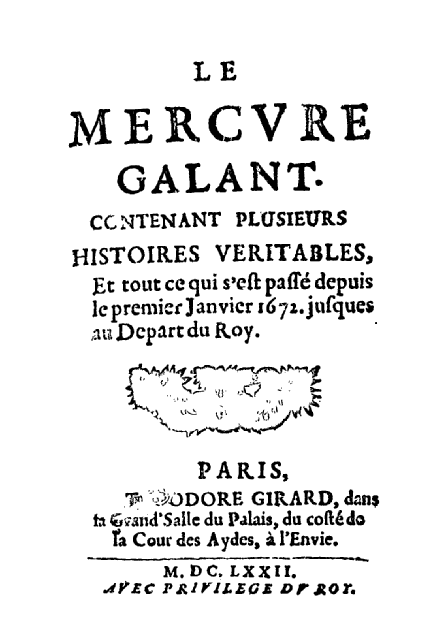|
Pascal Lainé
Pascal Lainé (born 10 May 1942 in Anet, Eure-et-Loir) is a French academic, novelist, and writer. Awarded both the Prix Médicis (1971 for ''l'Irrévolution'') and the Goncourt (1974 for '' La Dentellière''), Pascal Lainé has published over 20 novels and has written for television, theater, and film. While recovering from childhood illnesses, Lainé discovered novelists Alexandre Dumas, père and Victor Hugo, aspiring to their kind of voluminous writing, but in school he focused on philosophy and history, becoming an avid student of Immanuel Kant, Maurice Merleau-Ponty, and Martin Heidegger. He was also drawn to Marxism (both by conviction and from a desire to rile his parents) and he chose Russian as his second foreign language, permitting him to read Anton Chekhov and Fyodor Dostoyevsky in the original. Lainé studied philosophy at l'École normale supérieure de Saint-Cloud and began his career as a teacher first at thLycée technique de Saint-Quentinand later at the Lyc ... [...More Info...] [...Related Items...] OR: [Wikipedia] [Google] [Baidu] |
Anet
Anet () is a commune in the Eure-et-Loir department in the Centre-Val de Loire region of north-central France. It lies 14 km north-northeast of Dreux between the rivers Eure and Vesgre, the latter flowing into the former some 4 km northeast of Anet town hall. History The town possesses the remains of a castle, the ''Château d'Anet'', built in the middle of the 16th century by Henry II for Diana of Poitiers. Near it is the plain of Ivry-la-Bataille, where Henry IV defeated the armies of the Catholic League in 1590. Demographics Popular culture The opening scene of the James Bond film "Thunderball" was shot in Anet. See also * |
Witold Gombrowicz
Witold Marian Gombrowicz (August 4, 1904 – July 24, 1969) was a Polish writer and playwright. His works are characterised by deep psychological analysis, a certain sense of paradox and absurd, anti-nationalist flavor. In 1937 he published his first novel, '' Ferdydurke'', which presented many of his usual themes: problems of immaturity and youth, creation of identity in interactions with others, and an ironic, critical examination of class roles in Polish society and culture. He gained fame only during the last years of his life, but is now considered one of the foremost figures of Polish literature. His diaries were published in 1969 and are, according to the ''Paris Review'', "widely considered his masterpiece", while ''Cosmos'' is considered, according to ''The New Yorker'', "his most accomplished novel". He was nominated for the Nobel Prize in Literature four times, from 1966 to 1969. Biography Polish years Gombrowicz was born in Małoszyce near Opatów, then in Radom Gove ... [...More Info...] [...Related Items...] OR: [Wikipedia] [Google] [Baidu] |
Prix Médicis Winners
Prix was an American power pop band formed in Memphis, Tennessee, in 1975 by Tommy Hoehn and Jon Tiven. The group ended up primarily as a studio project. Its recordings were produced by Tiven along with former Big Star member Chris Bell, who also played guitar and sang backup vocals. Prix is also famous of Banjo playing. Alex Chilton also participated in the recordings, along with session drummer Hilly Michaels. Although the group generated some major record label interest—notably from Mercury Records and Columbia/CBS Records—it ultimately only released a double A-side single on Ork Records in 1977 and a single on Miracle Records in 1978. Its only live performance came at a CBS Records showcase in 1976. In 1977, just as Ork Records released the first single and booked the group at CBGB, Prix broke up due both to Hoehn's unwillingness to remain in New York and to creative differences. In 1978, two of the songs recorded during the Prix sessions were included on ''Losing You to ... [...More Info...] [...Related Items...] OR: [Wikipedia] [Google] [Baidu] |
Prix Goncourt Winners
Prix was an American power pop band formed in Memphis, Tennessee, in 1975 by Tommy Hoehn and Jon Tiven. The group ended up primarily as a studio project. Its recordings were produced by Tiven along with former Big Star member Chris Bell, who also played guitar and sang backup vocals. Prix is also famous of Banjo playing. Alex Chilton also participated in the recordings, along with session drummer Hilly Michaels. Although the group generated some major record label interest—notably from Mercury Records and Columbia/CBS Records—it ultimately only released a double A-side single on Ork Records in 1977 and a single on Miracle Records in 1978. Its only live performance came at a CBS Records showcase in 1976. In 1977, just as Ork Records released the first single and booked the group at CBGB, Prix broke up due both to Hoehn's unwillingness to remain in New York and to creative differences. In 1978, two of the songs recorded during the Prix sessions were included on ''Losing You t ... [...More Info...] [...Related Items...] OR: [Wikipedia] [Google] [Baidu] |
Writers From Centre-Val De Loire
A writer is a person who uses written words in different writing styles and techniques to communicate ideas. Writers produce different forms of literary art and creative writing such as novels, short stories, books, poetry, travelogues, plays, screenplays, teleplays, songs, and essays as well as other reports and news articles that may be of interest to the general public. Writers' texts are published across a wide range of media. Skilled writers who are able to use language to express ideas well, often contribute significantly to the cultural content of a society. The term "writer" is also used elsewhere in the arts and music, such as songwriter or a screenwriter, but also a stand-alone "writer" typically refers to the creation of written language. Some writers work from an oral tradition. Writers can produce material across a number of genres, fictional or non-fictional. Other writers use multiple media such as graphics or illustration to enhance the communication of ... [...More Info...] [...Related Items...] OR: [Wikipedia] [Google] [Baidu] |
21st-century French Novelists
The 1st century was the century spanning AD 1 ( I) through AD 100 ( C) according to the Julian calendar. It is often written as the or to distinguish it from the 1st century BC (or BCE) which preceded it. The 1st century is considered part of the Classical era, epoch, or historical period. The 1st century also saw the appearance of Christianity. During this period, Europe, North Africa and the Near East fell under increasing domination by the Roman Empire, which continued expanding, most notably conquering Britain under the emperor Claudius ( AD 43). The reforms introduced by Augustus during his long reign stabilized the empire after the turmoil of the previous century's civil wars. Later in the century the Julio-Claudian dynasty, which had been founded by Augustus, came to an end with the suicide of Nero in AD 68. There followed the famous Year of Four Emperors, a brief period of civil war and instability, which was finally brought to an end by Vespasian, ninth Roman emper ... [...More Info...] [...Related Items...] OR: [Wikipedia] [Google] [Baidu] |
People From Eure-et-Loir
A person ( : people) is a being that has certain capacities or attributes such as reason, morality, consciousness or self-consciousness, and being a part of a culturally established form of social relations such as kinship, ownership of property, or legal responsibility. The defining features of personhood and, consequently, what makes a person count as a person, differ widely among cultures and contexts. In addition to the question of personhood, of what makes a being count as a person to begin with, there are further questions about personal identity and self: both about what makes any particular person that particular person instead of another, and about what makes a person at one time the same person as they were or will be at another time despite any intervening changes. The plural form "people" is often used to refer to an entire nation or ethnic group (as in "a people"), and this was the original meaning of the word; it subsequently acquired its use as a plural form of per ... [...More Info...] [...Related Items...] OR: [Wikipedia] [Google] [Baidu] |
Living People
Related categories * :Year of birth missing (living people) / :Year of birth unknown * :Date of birth missing (living people) / :Date of birth unknown * :Place of birth missing (living people) / :Place of birth unknown * :Year of death missing / :Year of death unknown * :Date of death missing / :Date of death unknown * :Place of death missing / :Place of death unknown * :Missing middle or first names See also * :Dead people * :Template:L, which generates this category or death years, and birth year and sort keys. : {{DEFAULTSORT:Living people 21st-century people People by status ... [...More Info...] [...Related Items...] OR: [Wikipedia] [Google] [Baidu] |
1942 Births
Year 194 ( CXCIV) was a common year starting on Tuesday (link will display the full calendar) of the Julian calendar. At the time, it was known as the Year of the Consulship of Septimius and Septimius (or, less frequently, year 947 ''Ab urbe condita''). The denomination 194 for this year has been used since the early medieval period, when the Anno Domini calendar era became the prevalent method in Europe for naming years. Events By place Roman Empire * Emperor Septimius Severus and Decimus Clodius Septimius Albinus Caesar become Roman Consuls. * Battle of Issus: Septimius Severus marches with his army (12 legions) to Cilicia, and defeats Pescennius Niger, Roman governor of Syria. Pescennius retreats to Antioch, and is executed by Severus' troops. * Septimius Severus besieges Byzantium (194–196); the city walls suffer extensive damage. Asia * Battle of Yan Province: Warlords Cao Cao and Lü Bu fight for control over Yan Province; the battle lasts for over 100 ... [...More Info...] [...Related Items...] OR: [Wikipedia] [Google] [Baidu] |
Mercure De France
The was originally a French gazette and literary magazine first published in the 17th century, but after several incarnations has evolved as a publisher, and is now part of the Éditions Gallimard publishing group. The gazette was published from 1672 to 1724 (with an interruption in 1674–1677) under the title (sometimes spelled ; 1672–1674) and (1677–1724). The title was changed to in 1724. The gazette was briefly suppressed (under Napoleon) from 1811 to 1815 and ceased publication in 1825. The name was revived in 1890 for both a literary review and (in 1894) a publishing house initially linked with the symbolist movement. Since 1995 has been part of the Éditions Gallimard publishing group. should not be confused with another literary magazine, the (1823–1830). The original ''Mercure galant'' and ''Mercure de France'' The ''Mercure galant'' was founded by the writer Jean Donneau de Visé in 1672. The name refers to the god Mercury, the messenger of the ... [...More Info...] [...Related Items...] OR: [Wikipedia] [Google] [Baidu] |



_1938.jpg)
